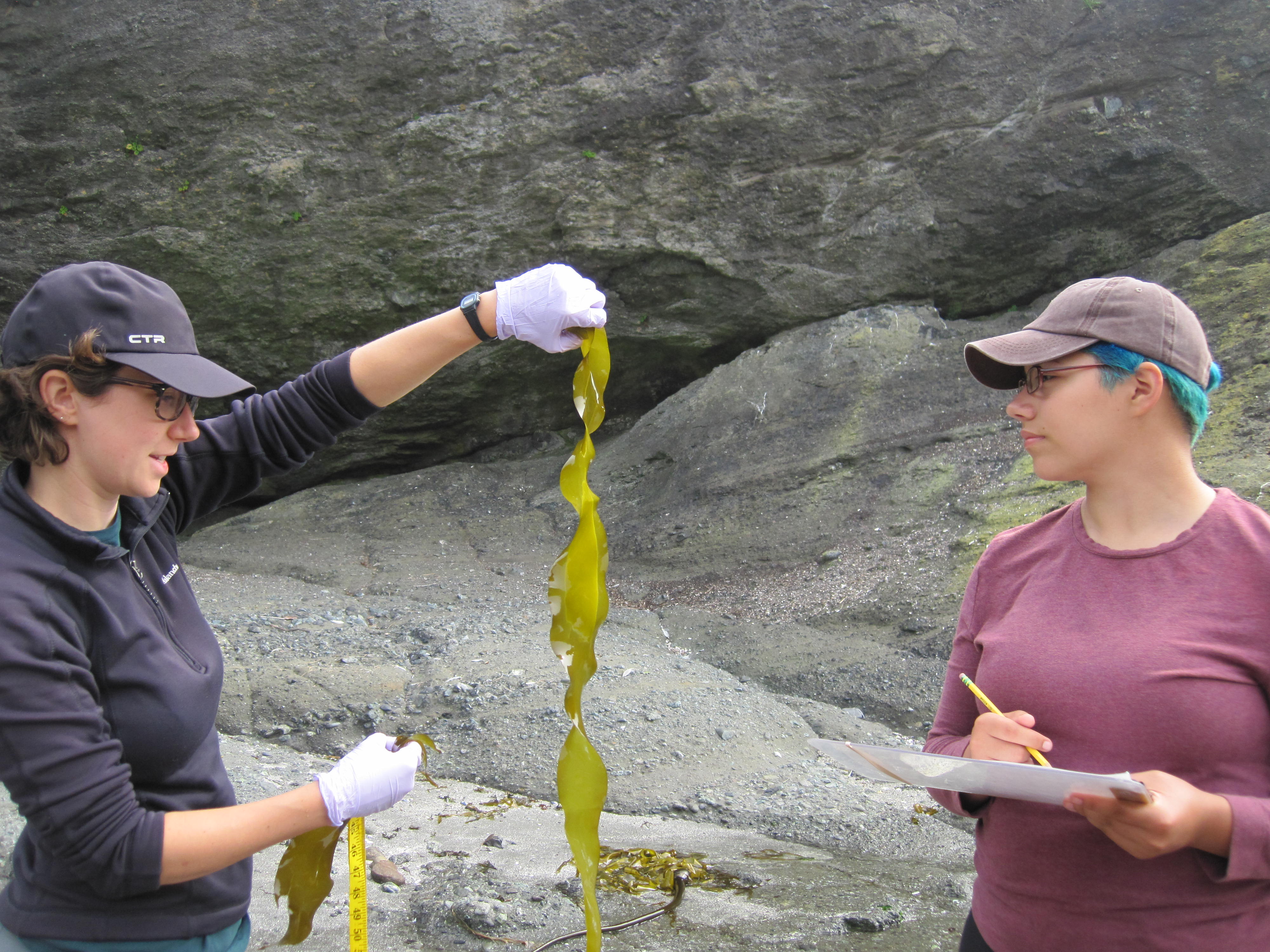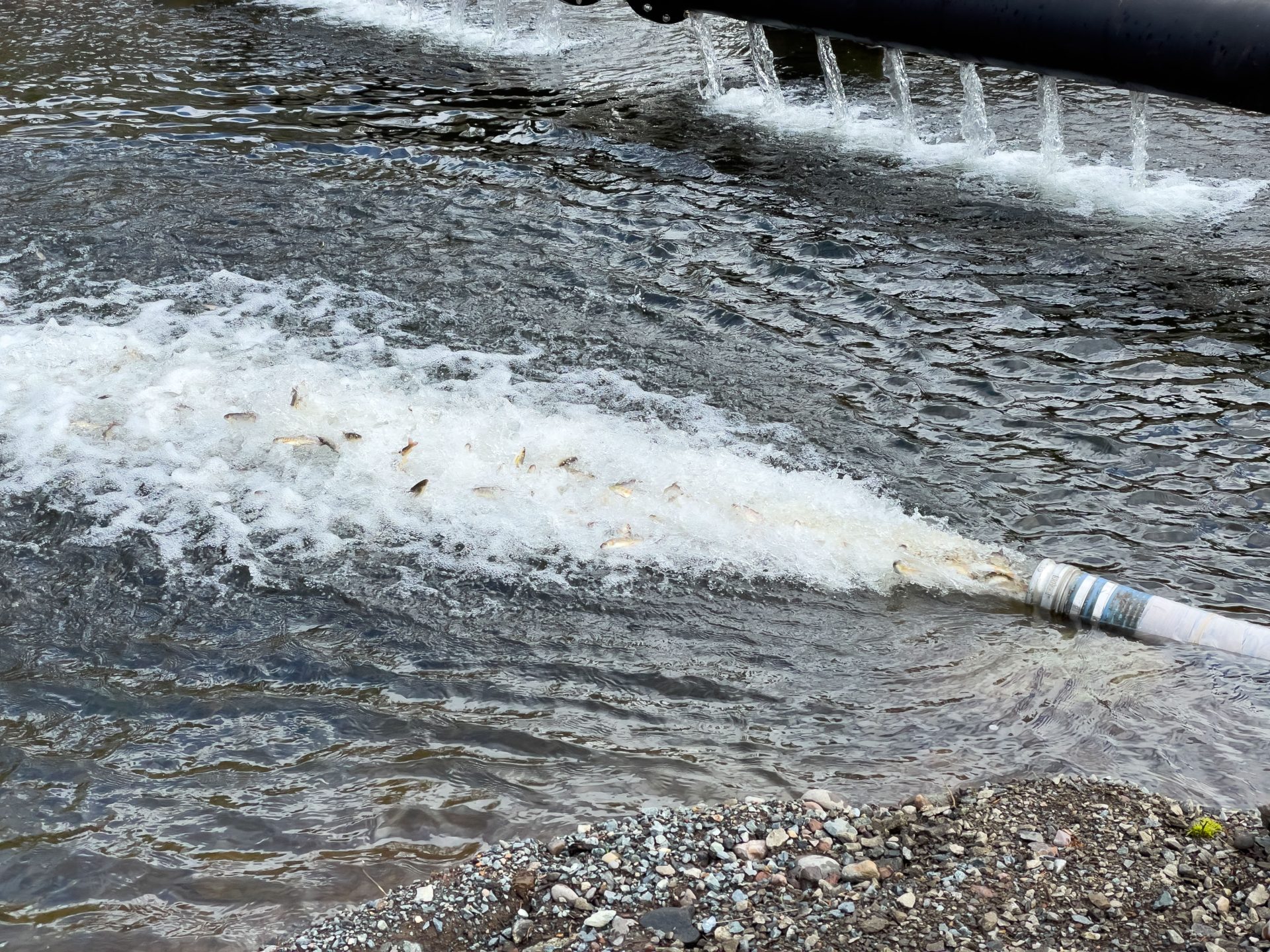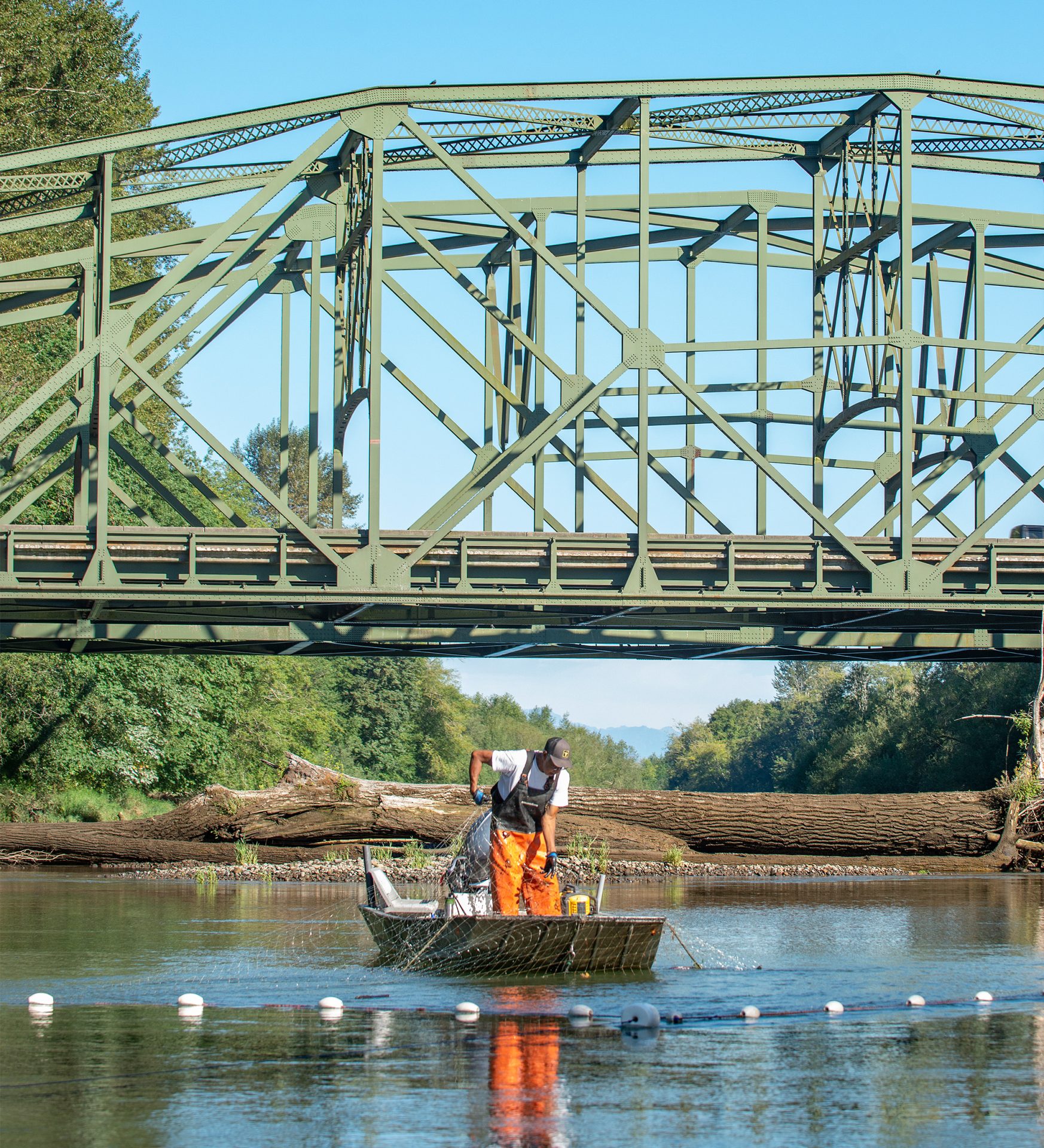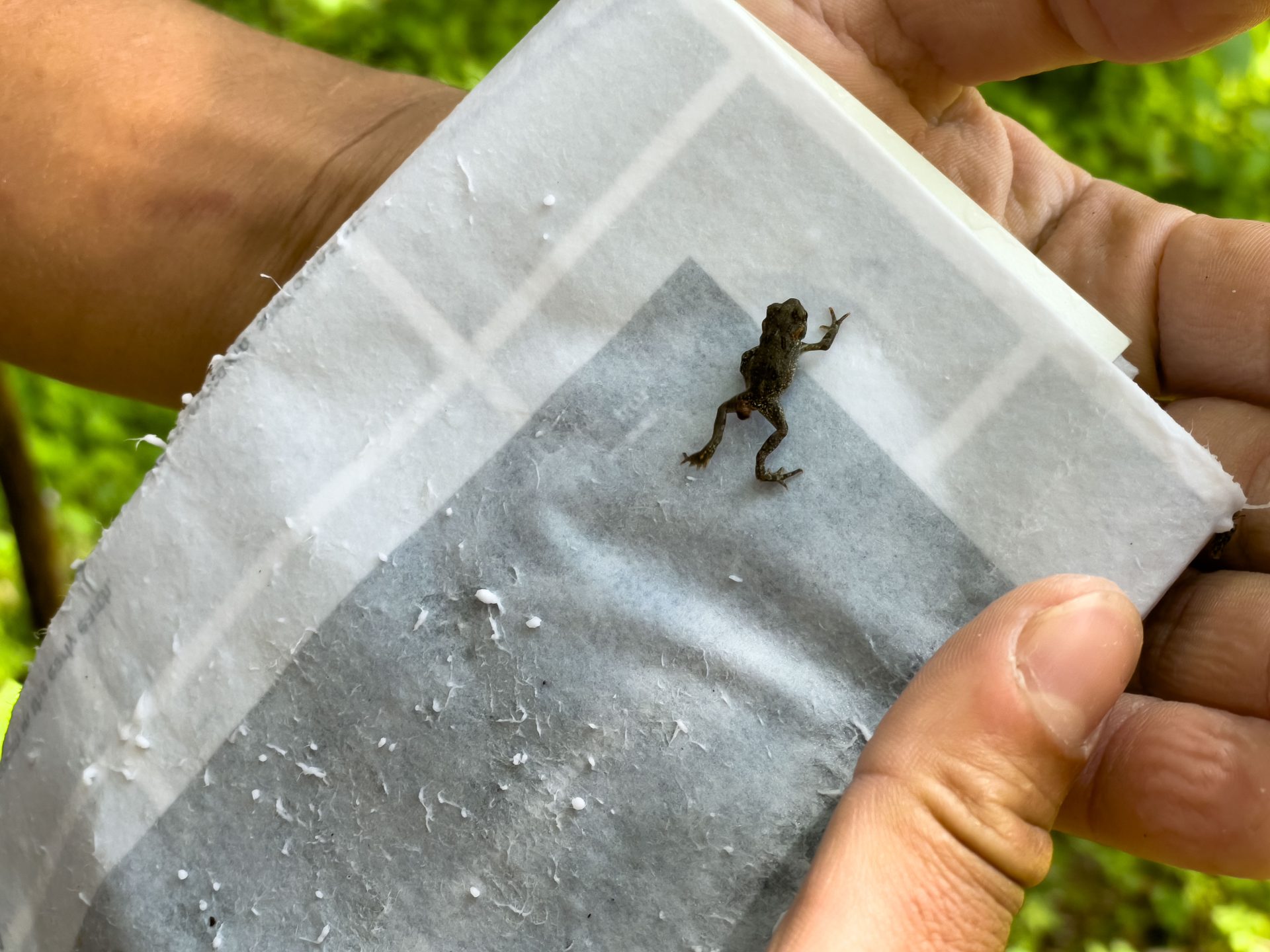The Makah Tribe has been providing tribal youth with opportunities to work with real-world data, in hopes it will spark an interest in a career in environmental science and natural resources management with the tribe.
Through the tribe’s summer internship program, four high school and college-aged students got a six-week crash course on what it’s like to work in the tribe’s fisheries, forestry, wildlife and environmental science departments.
“We want to excite youth about working in one of these departments, so they will pursue a degree and then return to Neah Bay as the future scientists, managers, and environmental leaders for the tribe,” said Liz Allyn, a Makah marine mammal technician and program coordinator.
The interns shadow staff members and work alongside scientists from outside organizations and research groups, including the Northwest Indian Fisheries Commission, University of Washington, University of Chicago, Olympic Coast National Marine Sanctuary and others.
They also conduct their own independent research projects from start to finish, from which they develop a scientific poster that is presented to the community at the end of the program.
Work conducted by interns has included developing a monitoring plan and population estimates for culturally important olive snails; studying the effects of eelgrass on species diversity; analyzing sea otter foraging habits; determining the best types of bait to use with a traditional halibut hook (čibu·d); looking at how harbor porpoise abundance and distribution have changed in the Makah usual and accustomed area; and studying Western spotted skunk habitat characteristics.
Jon Scordino, the tribe’s marine mammal biologist, has developed the program to make sure it provides a quality experience for students while also building the tribe’s research capacity with applicable data.
“They’re job shadowing with excellent researchers from the outside while getting an amazing and immersed experience, and working with real data,” Scordino said.
A blog about the research conducted by the program’s interns can be found at mfminterns.home.blog. Funding for the program comes from Bonneville Power Administration and the National Science Foundation.
Makah Tribe intern Laney Keyes, right, helps University of Chicago student Brooke Weigel set up an experiment on the impact of heat stress on photosynthetic rates of kelp. Photo: Courtesy of Makah Tribe.





